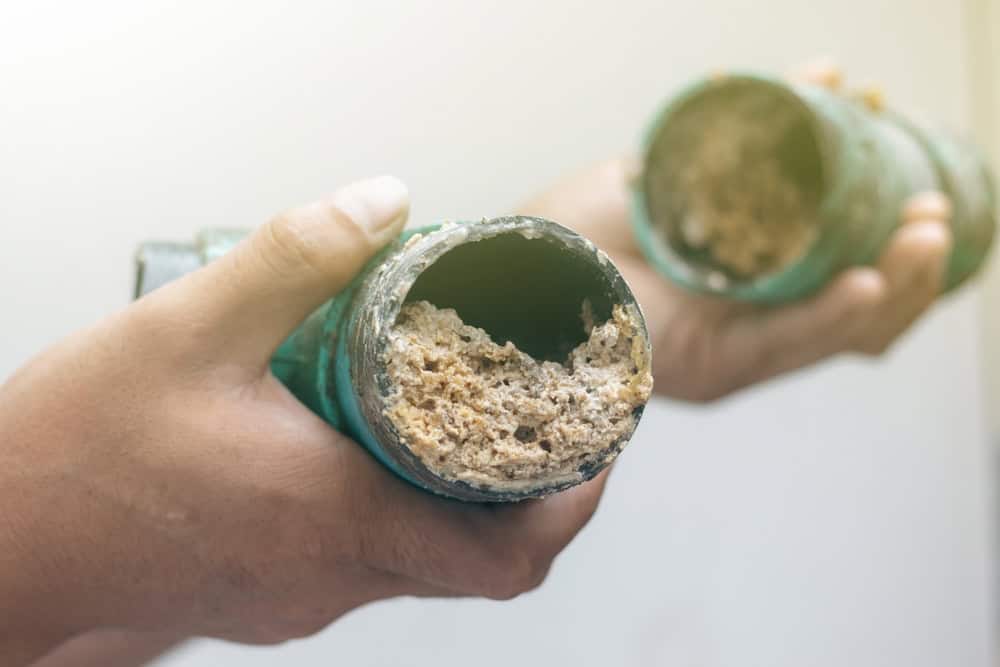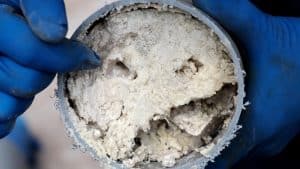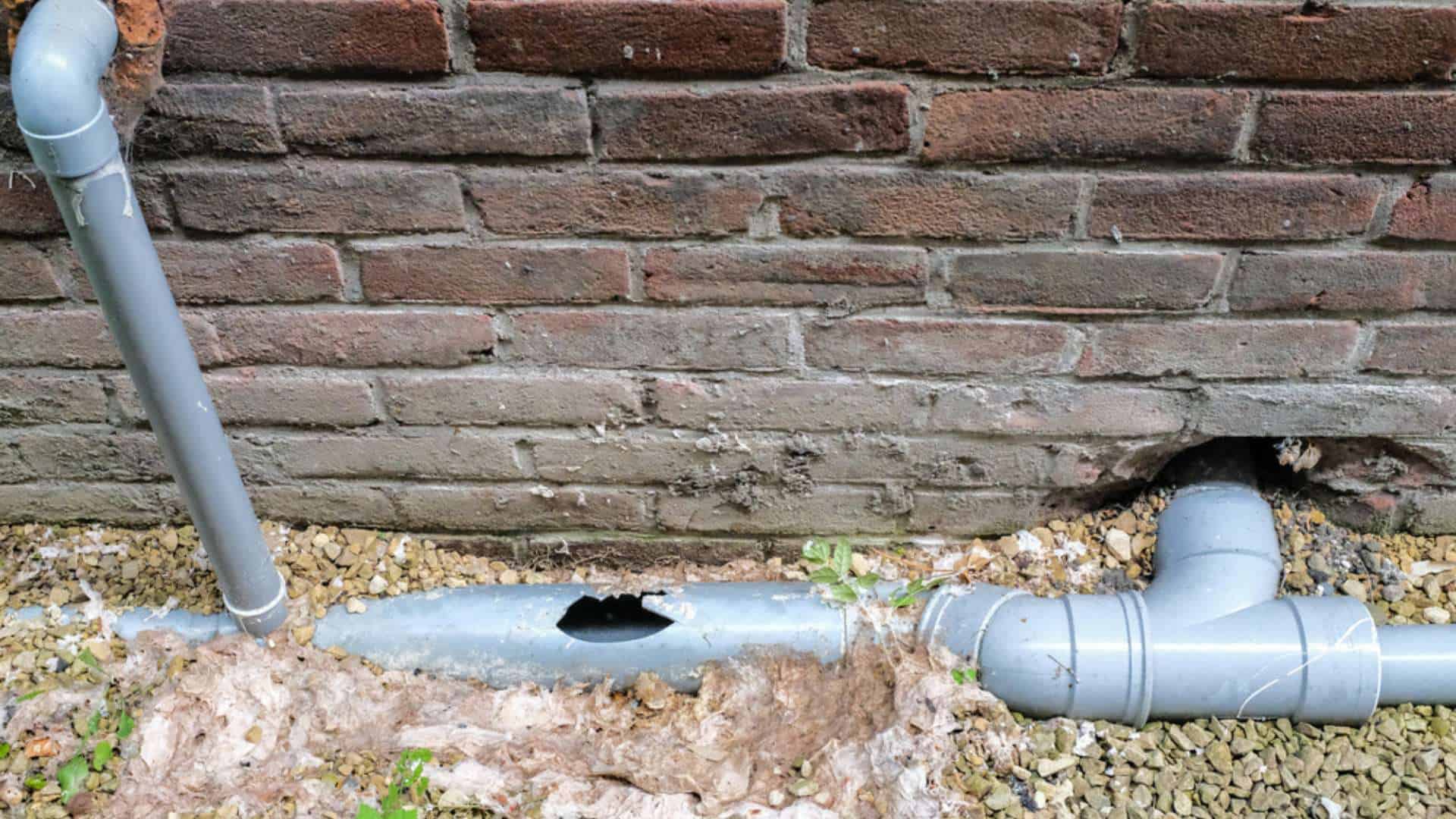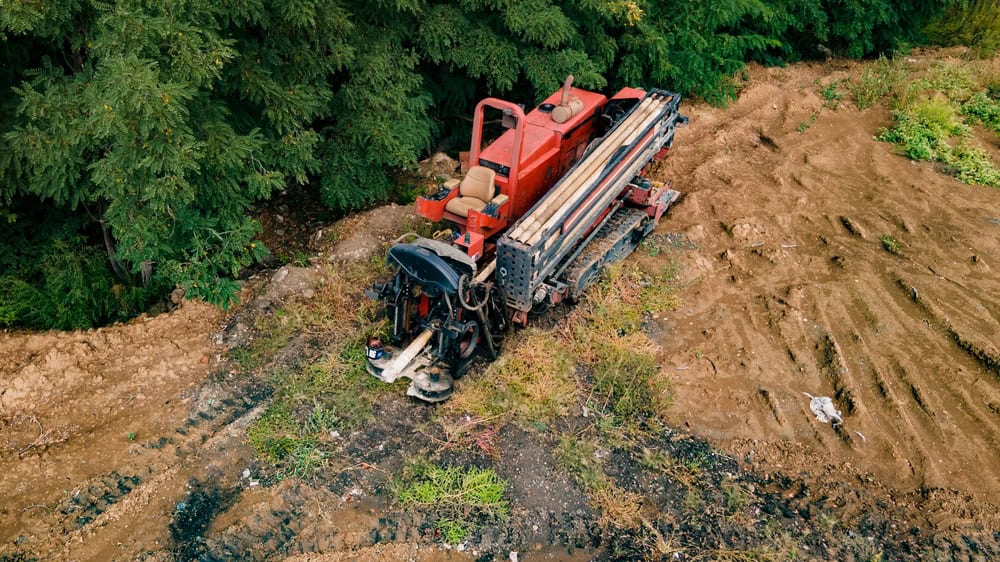Prevent Costly Sewer Cleaning on Long Island with Our Simple Tips
The Perilous Impact of Grease on Plumbing Pipes
Nestled within the vibrant communities of Long Island, NY, lies a hidden threat that silently wreaks havoc on homes: grease buildup in sewer systems. Grease buildup from everyday cooking and cleaning activities can lead to stubborn clogs, sewage backups, and costly repairs for homeowners. The diverse culinary scene in Long Island contributes to the prevalence of grease in household drains, making it essential for residents to understand the consequences of grease clogs and take proactive measures to prevent them.
The Consequences of Grease Clogs
Grease clogs can disrupt daily life, causing foul odors, slow drains, and sewage backups. When grease solidifies in sewer pipes, it creates blockages that restrict the flow of wastewater, leading to potentially hazardous situations. Moreover, the corrosive nature of grease can corrode pipes over time, necessitating costly repairs or replacements. Long Island residents must be vigilant in preventing grease-related sewer issues to protect their homes and finances from potential damage.
Best Practices for Grease Management
Effective grease management is crucial for maintaining the health and functionality of sewer systems in Long Island homes. Here are some best practices for grease management:
- Dispose of grease properly: Instead of pouring grease down the drain, collect it in a heat-resistant container and dispose of it in the trash. Encourage household members to scrape excess grease from cooking pans and utensils before washing them to prevent grease buildup in drains.
- Use drain strainers: Install drain strainers in sinks to catch food particles, grease, and other debris before they enter the sewer system. Clean the strainers regularly to maintain their effectiveness in preventing clogs.
- Schedule sewer cleaning: Regularly hire professionals like Long Island Sewer and Water Main – Allied All City for sewer maintenance. Professional sewer cleaning can help remove grease buildup and other obstructions from sewer lines, ensuring optimal flow and preventing costly repairs.
DIY Grease Busting Solutions
In addition to professional sewer cleaning, there are several DIY solutions that homeowners can implement to combat grease buildup in their drains:
- Hot water and dish soap: Flush drains with hot water and dish soap regularly to dissolve grease and prevent it from solidifying in pipes.
- Baking soda and vinegar: Create a natural cleaner by mixing baking soda and vinegar and pouring it down drains. The foaming action of the mixture can help break down grease deposits and eliminate odors.
- Boiling water: Pour boiling water down drains once a week to melt any grease clinging to the pipes and flush it away. These DIY methods, when used in conjunction with professional sewer cleaning, can help maintain the health and functionality of sewer systems in Long Island homes.
The Importance of Professional Sewer Cleaning
While DIY methods provide temporary relief, professional sewer cleaning offers thorough maintenance that can prevent grease clogs and other sewer issues. Long Island Sewer and Water Main – Allied All City specializes in comprehensive sewer cleaning services using state-of-the-art equipment and techniques. By partnering with professionals like Long Island Sewer and Water Main – Allied All City, homeowners can ensure the longevity and efficiency of their sewer systems, ultimately saving time and money on costly repairs.
Contact Long Island Sewer and Water Main – Allied All City
Don’t let grease clogs wreak havoc on your Long Island home’s sewer system. Take proactive steps to manage grease buildup and schedule regular sewer cleaning with Long Island Sewer and Water Main – Allied All City. By implementing these best practices and partnering with professionals, you can safeguard your home against the silent menace of grease clogs and ensure the uninterrupted flow of wastewater. Contact us today to fortify your defenses and protect your Long Island home for years to come.





